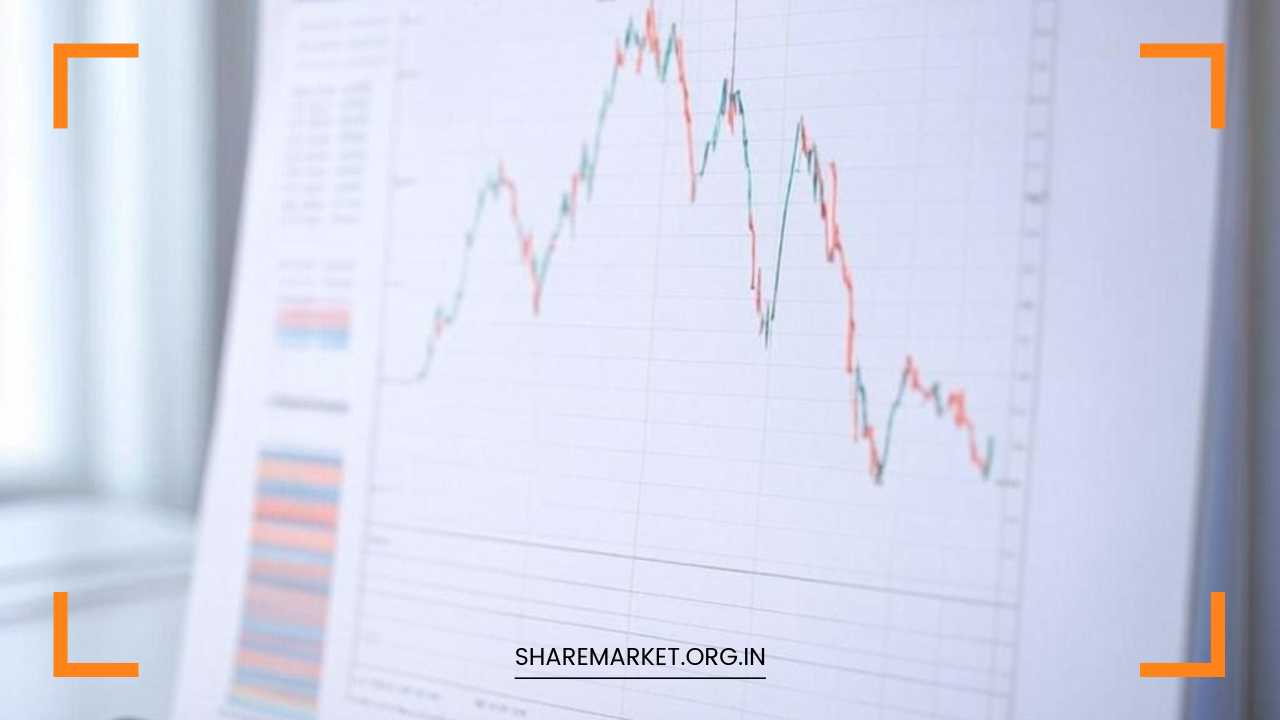HSBC Downgrades Indian Stock Market to ‘Neutral’, Cuts Sensex Target by 5,000 Points

Indian Stock Market
HSBC Downgrades Indian Stock Market to ‘Neutral’, Cuts Sensex Target by 5,000 Points
HSBC, one of the world’s leading global financial services providers, has significantly downgraded its outlook on the Indian stock market, lowering its rating from ‘Overweight’ to ‘Neutral’.
This shift comes after several years of strong growth, with the Indian market having seen robust annual returns, especially over the past five years.
The downgrade is coupled with a substantial reduction in the target for India’s benchmark Sensex index, which HSBC now expects to reach 85,990 points by the end of 2025, a decrease of 5,000 points from its earlier target of 90,520 points.
This revision implies an expected upside of just 10% from current levels, signaling a more cautious stance on the market’s growth prospects.
HSBC’s downgrade is largely attributed to a slowdown in earnings growth, after an impressive 25% annual growth in recent years.
In its research note, the firm pointed out that while India’s structural economic strengths remain intact in the medium term, there are emerging signs of weaker profit growth, compounded by rising valuations.
This combination of slowing earnings and higher valuations has prompted the firm to reassess its previously optimistic outlook for the Indian market.
The Slowdown in Profit Growth and Rising Valuations
The Indian stock market has enjoyed a remarkable run over the last several years, with robust economic growth driving impressive returns.
The country’s economy has been buoyed by several factors, including strong domestic consumption, increased foreign investment, and favorable government policies.
As a result, India has emerged as one of the fastest-growing major economies in the world, making its stock market an attractive investment destination for both domestic and international investors.
However, HSBC noted that the pace of profit growth has started to decelerate. While the market posted an impressive 25% annual earnings growth in recent years, HSBC has observed a slowdown in profits, especially as global economic conditions begin to weigh on growth.
This slowdown in earnings growth is particularly concerning, as the valuation of Indian stocks has risen significantly, with the market now trading at 23 times forward earnings.
The firm highlighted that such elevated valuations, coupled with slower profit growth, create an environment where the potential for further significant market upside is limited.
In its note, HSBC specifically pointed to the revised earnings growth forecast for the Nifty 50 index in FY2025, which was downgraded from an optimistic 15% to just 5%.
This represents a sharp decline in expectations for the country’s largest companies, raising concerns that investors may need to recalibrate their expectations for returns from Indian equities.
With lower earnings growth and stretched valuations, the firm cautioned that market returns are likely to be more subdued over the coming years.
Sectoral Weaknesses: Banking and IT Face Headwinds
One of the key sectors contributing to the weaker growth outlook is India’s banking industry. Despite the recent improvements in the financial sector, HSBC pointed out that the banking sector continues to face challenges in terms of margins and growth.
The sector has been grappling with non-performing assets (NPAs) and a rise in credit costs, which have put pressure on profit growth.
Additionally, competition in the sector has intensified, with both private and public sector banks competing for market share.
While there have been some signs of recovery, HSBC’s note suggests that these headwinds are likely to persist, further limiting the upside potential of India’s banking stocks.
Another sector facing difficulties is India’s information technology (IT) sector, which has long been a cornerstone of the Indian economy and stock market.
The IT sector has been struggling with slow recovery, particularly in the European market, which is a key source of revenue for many Indian IT companies.
The pandemic’s lasting effects on global demand for IT services, combined with the increasing trend of automation and digitalization, has made it harder for IT firms to maintain the same growth rates they enjoyed in the past.
Furthermore, a slowdown in global economic growth is likely to impact demand for IT outsourcing services, leading to reduced profitability for Indian IT giants.
India’s Strong Structural Growth Potential Amid Challenges
Despite the challenges highlighted by HSBC, the firm still acknowledges India’s long-term structural growth potential.
India continues to offer one of the strongest growth prospects among emerging markets, thanks to its large and youthful population, growing middle class, and ongoing urbanization.
Moreover, India is expected to benefit from its rising stature in the global economy, especially as the country increasingly attracts foreign investment and strengthens its economic partnerships with key global players.
The firm emphasized that, despite the current slowdown, India’s economic foundation remains strong, and its outlook over the medium term is positive.
India is likely to remain a top investment destination for long-term investors looking for exposure to high-growth emerging markets.
However, in the short term, HSBC believes the combination of high valuations and slower earnings growth warrants a more cautious stance, especially in the face of global economic uncertainty.
Regional Shift: HSBC’s Outlook on Other Markets
In a broader regional context, HSBC’s outlook for India is part of a series of adjustments to its views on other markets in the Asia-Pacific region.
While downgrading India, the brokerage firm upgraded its stance on China, moving its rating to ‘Overweight’ amid signs of recovery in the Chinese economy.
Additionally, HSBC raised its rating for Hong Kong to ‘Overweight’, reflecting an improved outlook for the city’s market, which had struggled due to political instability and the impact of the COVID-19 pandemic.
In contrast, South Korea’s market was upgraded from ‘Underweight’ to ‘Neutral’, reflecting a more balanced outlook.
The firm’s regional adjustments underscore the ongoing shifts in market dynamics as the global economy continues to evolve and recovery takes shape in different parts of the world.
Final Remarks: Reassessing Indian Market Exposure
HSBC’s downgrade of the Indian stock market to ‘Neutral’ serves as a reminder for investors to reassess their positions in light of changing economic conditions.
The Indian market, while still offering significant long-term growth potential, is facing challenges from slower earnings growth, high valuations, and sectoral weaknesses, particularly in banking and IT.
With growth estimates revised downward and market returns likely to be more subdued in the near term, investors may need to adopt a more cautious and selective approach when considering Indian equities.
Despite these challenges, India’s structural growth prospects remain strong, and it continues to be one of the most promising emerging markets in the world.
However, for the time being, investors may want to adjust their expectations and consider diversification into other markets that are showing stronger short-term growth prospects.
As always, investors should carefully evaluate market conditions, earnings expectations, and sectoral trends before making investment decisions in the Indian stock market.

















